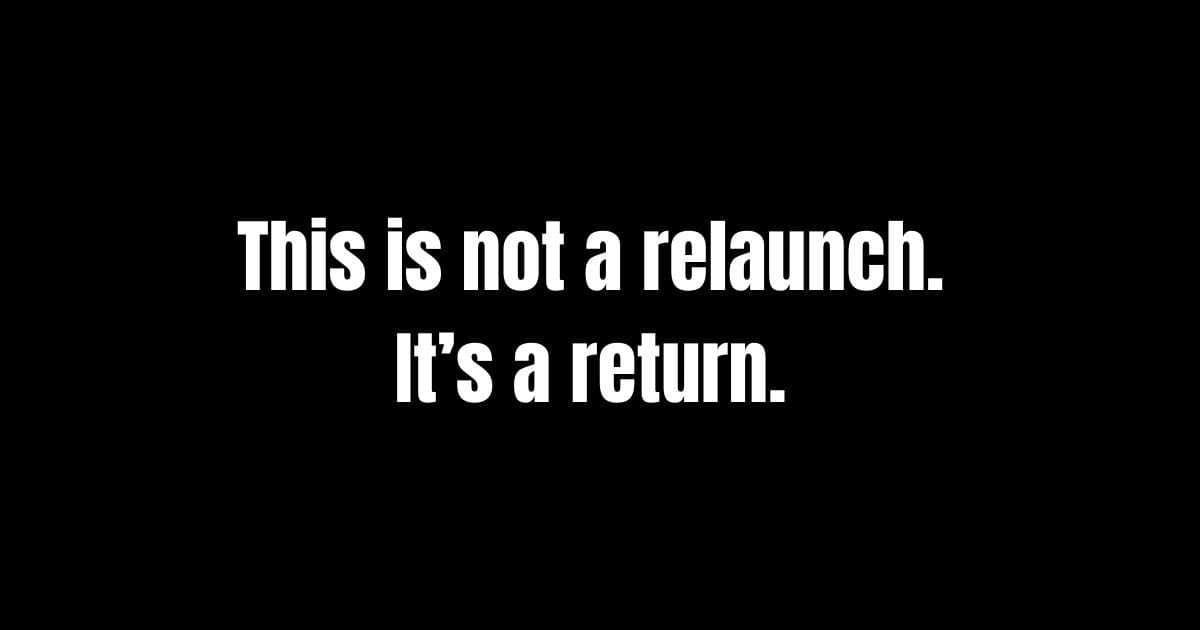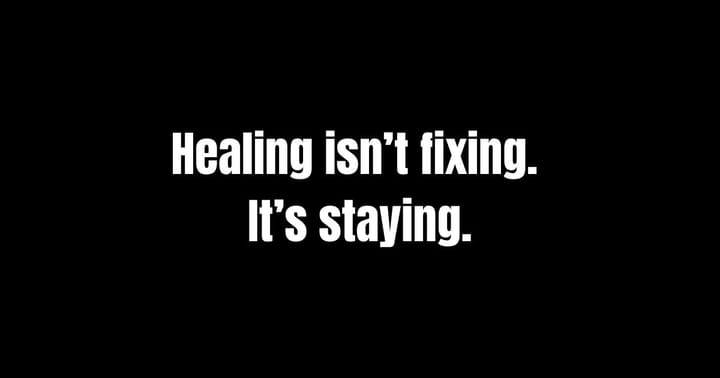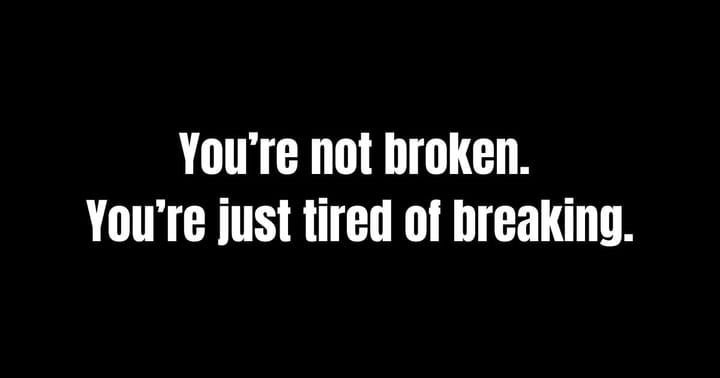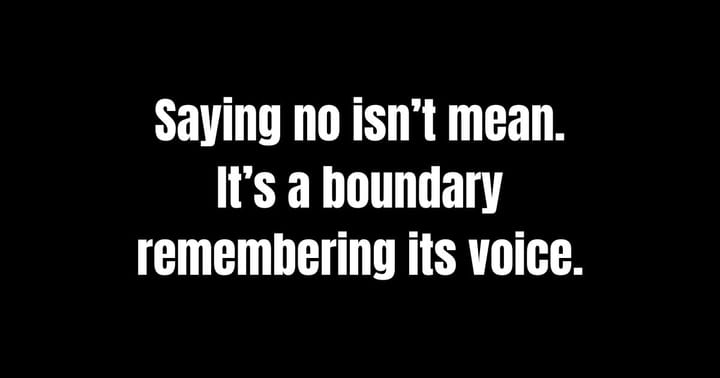When You Leave Before It Breaks: The Quiet Guilt of Letting Go Early
You didn’t wait for it to fall apart. You left while it still looked fine. And now you’re wondering if you were wrong to go. This is what it means to carry guilt for letting go early, even when you know it was the right thing.
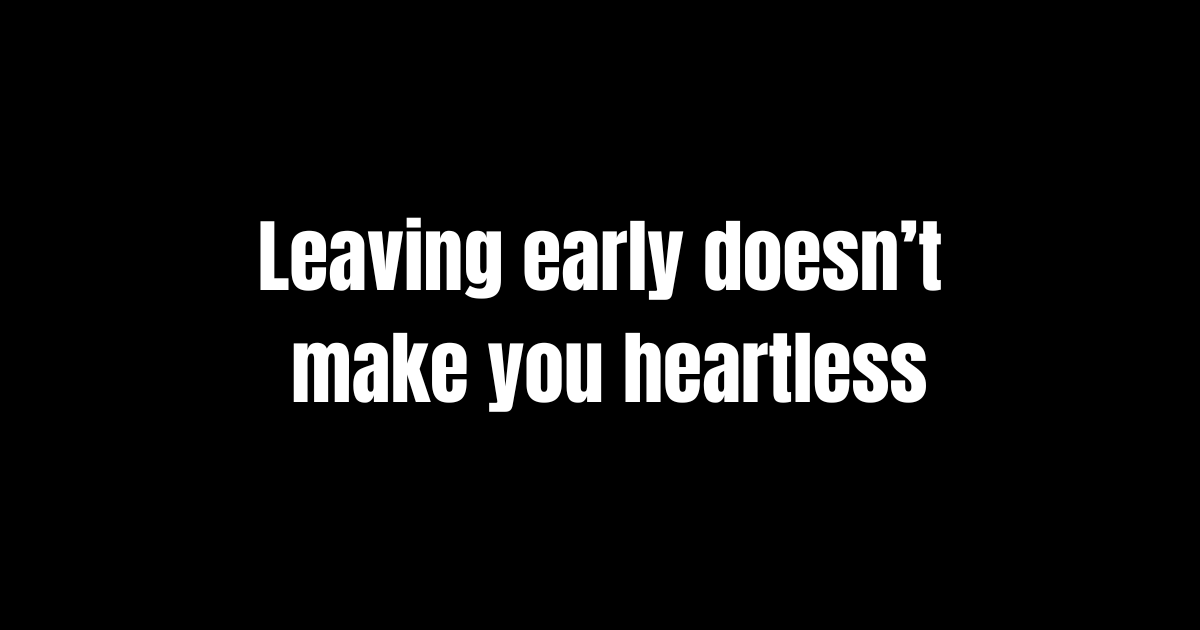
When You Leave Before It Breaks: The Quiet Guilt of Letting Go Early
(And Why Waiting for Collapse Isn’t the Only Way to Justify Leaving)
Not every ending comes with a clean break.
Some of them come quietly.
You leave a job, a relationship, a version of your life, not because it failed, but because it stopped feeling like yours.
And that’s where the guilt begins.
Because you didn’t wait for it to fall apart.
You didn’t wait until you were mistreated or exhausted or forced out.
You left early.
And now you’re wondering if that made you the villain in someone else’s story.
Or worse - your own.
There Wasn’t a Crisis. Just a Slow Unravelling You Could No Longer Ignore
You were still coping.
Still performing.
Still answering messages and showing up and laughing at the right moments.
But inside, something had shifted.
Something essential.
And even though the people around you didn’t notice, you could feel it every day:
you didn’t belong here anymore.
Not in the same way.
Not with the same energy.
Not with the same willingness to keep overriding your own intuition just to keep things running smoothly.
So you left.
And you thought it would bring relief.
But what came first was guilt.
We’re Taught to Wait Until It’s Bad Enough
There’s a script that says you should stay until it’s clearly broken.
Until it hurts.
Until you have no choice.
Then, and only then, does leaving become socially acceptable.
Then you get support.
Then your exit gets context.
But when you leave while it’s still functioning still intact, still technically “fine”... people get confused.
They ask what happened.
They want a story.
They want a reason that fits the visible timeline.
But often, there is no dramatic story.
Just the quiet realisation that staying would slowly undo you.
And that’s hard to explain without sounding cold.
Without feeling like you’ve failed some invisible moral test about endurance.
You Can Care Deeply and Still Choose to Go
Leaving early doesn’t mean you didn’t love them.
It doesn’t mean you weren’t committed.
It doesn’t mean you weren’t grateful for what that space once gave you.
It just means you noticed the change before it demanded to be noticed.
You read the signs.
You felt the subtle depletion.
And instead of waiting for it to escalate, you listened.
That isn’t heartless.
That’s a different kind of care.
One that includes you in the equation.
Because loving something shouldn’t mean staying until it empties you.
You Don’t Owe Anyone an Exit That Makes Sense to Them
Even the people who were part of what you left may never understand.
And that’s okay.
It’s not your responsibility to narrate your pain clearly enough for others to believe it.
Or to organise your emotions into something that sounds reasonable.
Or to apologise for seeing the end before it announced itself.
Sometimes your clarity will come early.
Earlier than they’re ready for. Earlier than you expected. But that doesn’t make it wrong.
It just makes it yours.
Leaving Early Is Still Leaving with Integrity
You didn’t wait for resentment to build.
You didn’t stay just to avoid discomfort.
You didn’t make them force your hand.
You left while you still had softness.
While you could still speak kindly.
While you could still see what was good, without needing to destroy it first.
That takes more emotional maturity than most people recognise.
It’s easier to stay until the bridge is on fire.
It’s harder to walk away while it’s still standing, because then you have to carry the weight of your own decision.
But that’s also where your self-trust lives.
Not in being right.
But in being honest.
Watch Next:
Notes to Self:
Read Next:
